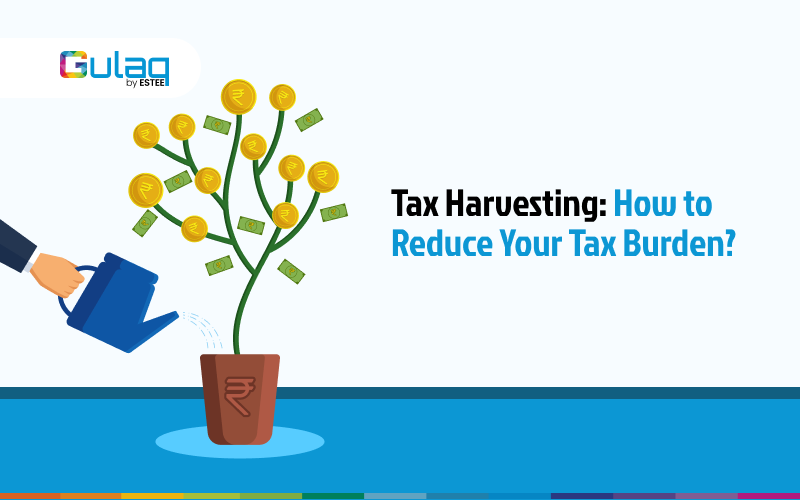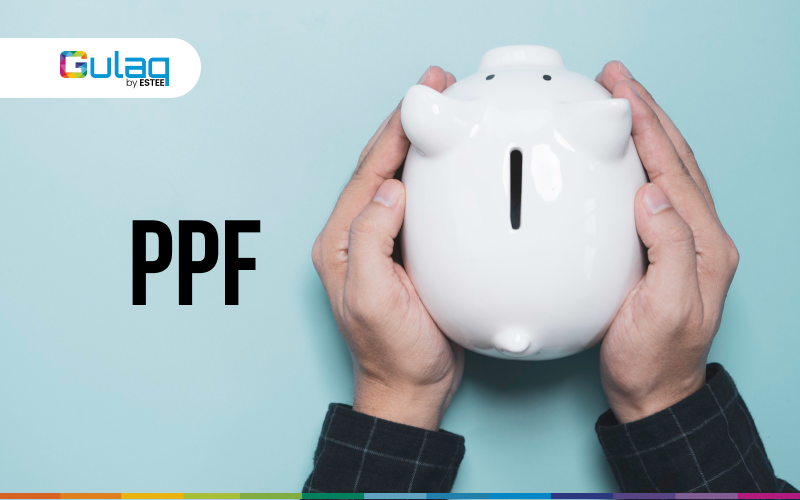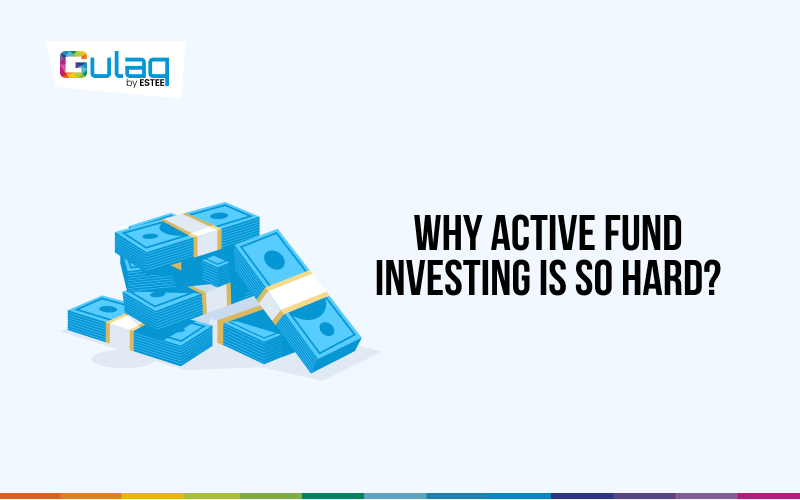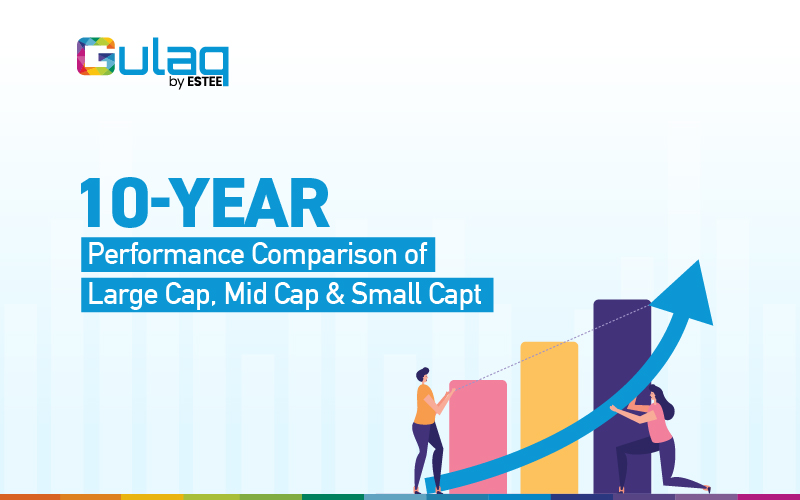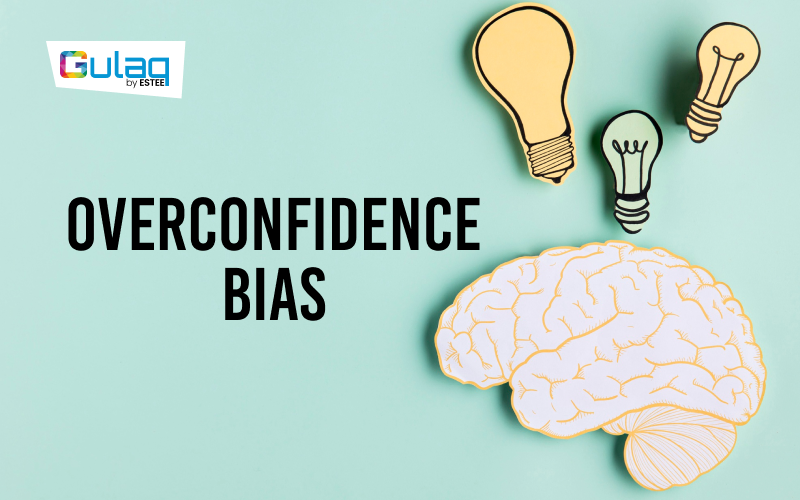
Overconfidence Bias
Do you consider yourself to have an above-average intellect? If so, you’re not alone. Approximately 65% of the people who were asked this question considered themselves to possess superior intellect and have a brighter future than an average person. Another similar survey asked people whether they considered themselves to be an above average driver, and again about 73% of the people responded positively.
Obviously, both the scenarios are statistically impossible because only half can be above average. These surveys intended to expose one of the most common biases that we succumb to: “the overconfidence bias.”
Overconfidence bias is a cognitive bias wherein individuals overestimate their abilities, knowledge, and skills in a particular area, leading to errors in judgement and decision-making. This bias can be observed in almost all industries, but nowhere it is more pronounced than in the world of finance.
Investors often overestimate their stock-picking, market-timing, and forecasting skills, resulting in them being under-diversified, incur higher transaction costs due to over-trading, and underestimate overall risk.
Consider the hypothetical example of Mr. Smart, a young analyst who like the majority of respondents in the survey considers himself to possess above average intellect. He is given a task by his superior to analyse historical market crashes and look for leading indicators which might have predicted the fall. With the benefit of hindsight, Mr. Smart was able to identify many such indicators and started feeling confident that had he been around that time, he would have been able to predict those market crashes. The illusion that he understands the past fosters overconfidence in his ability to predict the future.
The consequences of this overconfidence can be severe: –
- Excessive Risk Taking – Individuals who overestimate their abilities tend to take larger positions in the market and make riskier investments than warranted by the actual circumstances, resulting in faster financial losses.
- Under-diversification – The illusion of possessing superior stock picking skills leads investors to concentrate their investment in a few risky assets and take on unnecessary unsystematic risk which may not be rewarded by the market.
- Underestimate Risk – Overconfidence bias tends to lead individuals to downplay the potential risks associated with their actions. Whether it’s underestimating market volatility, disregarding potential pitfalls in a financial strategy, or ignoring warning signs, the bias skews perceptions.
To our luck, overconfidence bias is a type of cognitive bias and can be avoided. Here are some tips to avoid overconfidence bias: –
Surround yourself with people who have different perspectives and opinions. Engaging in discussions with individuals who hold contradictory views can provide a more balanced understanding of a situation.
Try to create an environment where constructive criticism is welcomed. Actively seeking feedback from others and being open to reevaluating your own assumptions can highlight blind spots in our thinking.
Maintaining a record of past decisions and their outcomes. This can help in identifying systematic errors in our judgement.
Adopt Systemetic decision making and recognize the role of luck in investment success.
Bottom Line
To sum it up, thinking we’re smarter than we really are is a common mistake. This overconfidence bias can mess up our judgement and can result in huge financial losses. Recognizing the bias and taking measures to avoid it is essential for improving decision making and ultimately investment performance.
Related Posts
Tax Harvesting: How to Reduce Your Tax Burden?
FY 23-24 has been great for Gulaq. We were able to generate phenomenal returns for…
Don’t Miss the Forest for The Trees: Why Maxing Out the Rs. 1.5 Lakh Limit on Your PPF Before 5th of April Is Not Worth the Hype
As the financial year has ended, the buzz around investing the entire Rs. 1.5 lakh…
Why Active Fund Investing is so hard?
Would you consider investing in a fund that has significantly trailed its benchmark over the…
Halo Effect can be Dangerous to your Portfolio!
Charlie Munger once famously said, “It is remarkable how much long-term advantage people like us…


